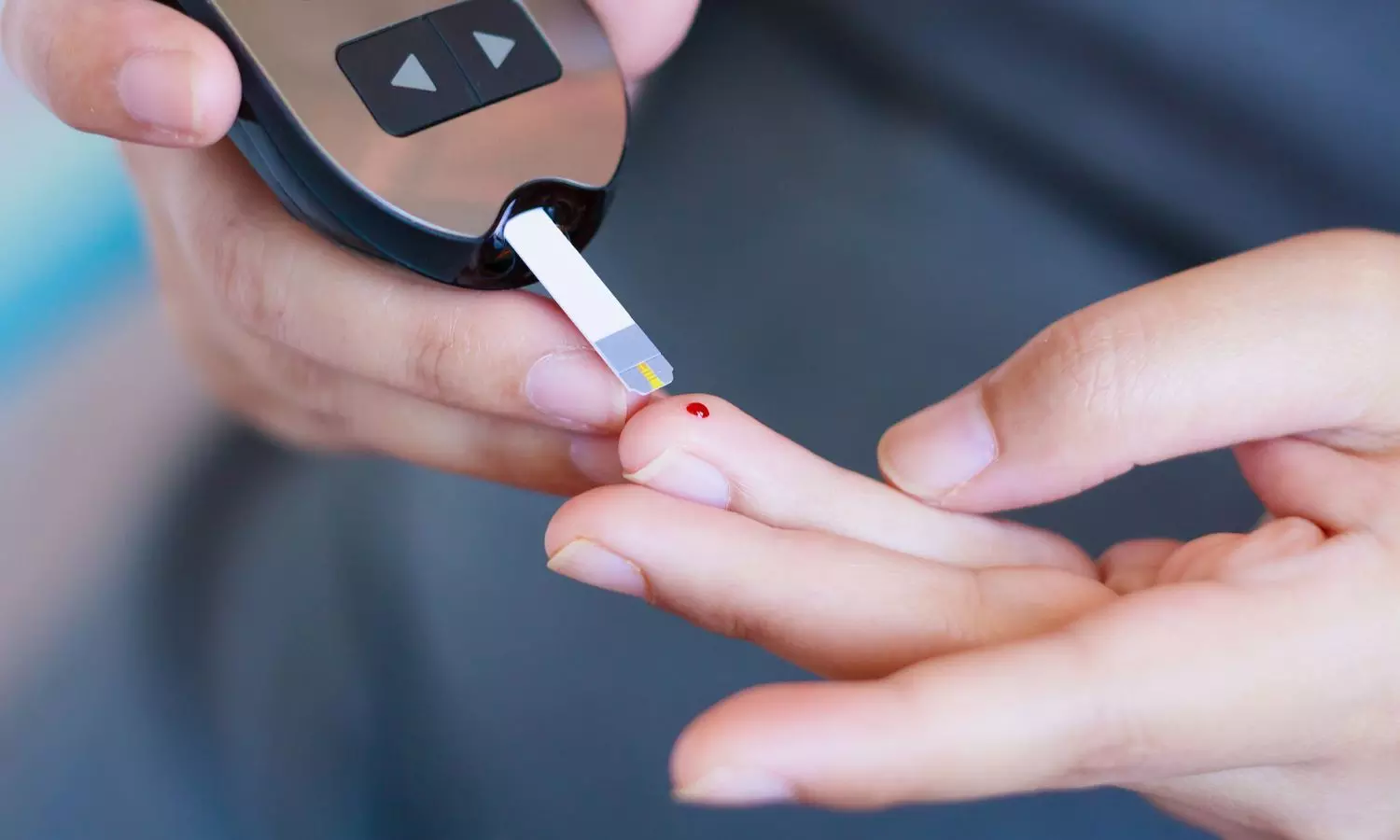Brain, Not Just Insulin, May Hold the Key to Managing Type 1 Diabetes: Study

New Delhi: A new study suggests that the brain might play a much larger role in type 1 diabetes than previously thought — and could even become a target for future treatments. Scientists believe this could change how we manage insulin and potentially offer relief from the daily burden of injections and monitoring.
Over a decade ago, researchers discovered that diabetic ketoacidosis (DKA) — a serious complication of type 1 diabetes — could be treated using leptin, a hormone, even when insulin was not available. Now, in a new analysis published in the Journal of Clinical Investigation, scientists have taken a closer look at how leptin functions in the brain and how it may lead to new therapeutic approaches.
DKA occurs when the body can't produce insulin and starts breaking down fat for energy. This process releases dangerous acids called ketones, along with very high levels of sugar (glucose) in the blood. Left untreated, it can be life-threatening.
Until now, doctors have relied almost entirely on insulin to treat and manage DKA. However, new evidence suggests that the brain—specifically, an area called the hypothalamus—plays a significant role in this process.
Dr. Michael Schwartz, a professor at the University of Washington School of Medicine, explained that when insulin is missing, the brain mistakenly believes the body has run out of fuel. This is due in part to low levels of leptin, a hormone made by fat cells that helps regulate appetite and energy balance.
The study found that if the brain can be “convinced” that the body has enough fuel, or if certain brain neurons are turned off, the body may stop overproducing glucose and ketones, which could help prevent DKA without relying only on insulin.
"This changes our understanding of what causes DKA," said Dr. Schwartz. "It’s not just about insulin — the brain plays a big role too. That insight could lead to totally new ways to treat type 1 diabetes."
Researchers hope this breakthrough will eventually lead to treatments that reduce or even eliminate the need for daily insulin injections, improving the lives of millions living with the condition.


